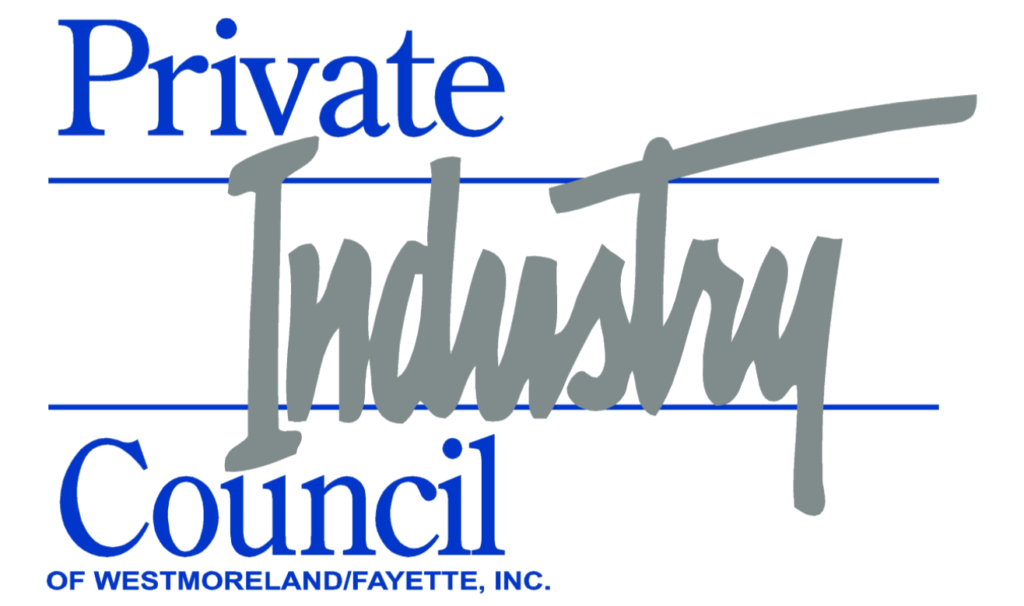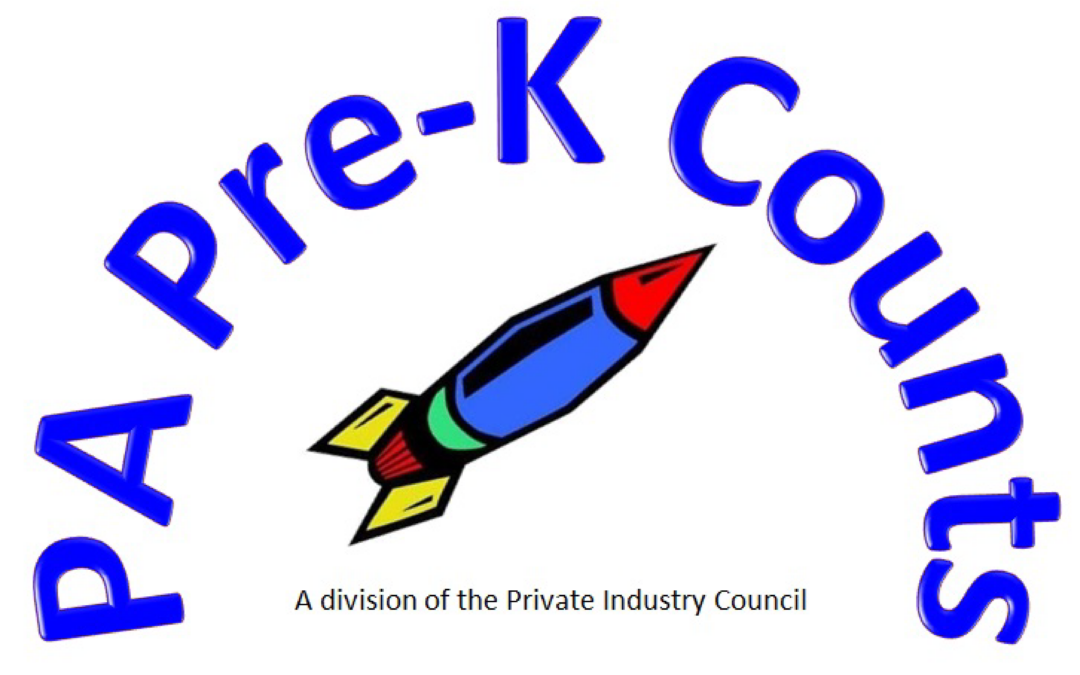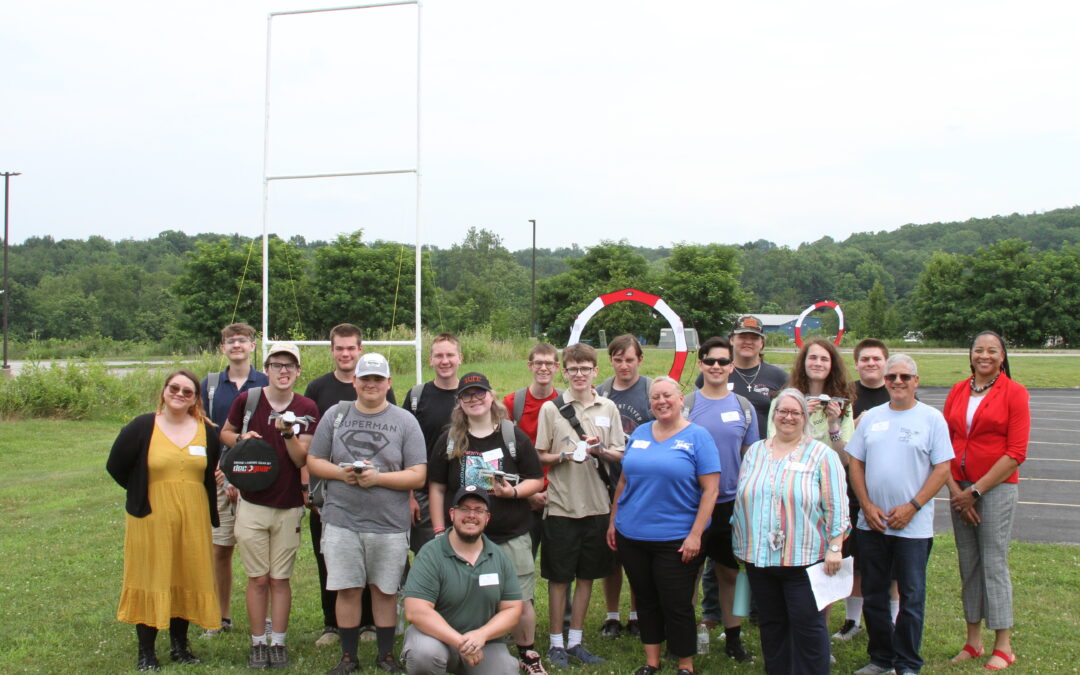Grantmaking is the process through which a nonprofit organization provides financial assistance, typically in the form of grants, to or from other organizations, individuals, or projects that align with its mission and goals. These grants may support a wide range of activities, including community development, education, healthcare, environmental conservation, arts and culture, and more. The Private Industry Council of Westmoreland/Fayette, Inc. (PIC), have dedicated efforts in grantmaking which have been pivotal in transforming the socio-economic landscape of Westmoreland and Fayette counties in Pennsylvania.
PIC operates as a non-profit organization with a multifaceted approach to community development. Central to its strategy is the allocation of grants, aimed at addressing pressing needs and catalyzing positive change. Through partnerships with local businesses, philanthropic entities, state and government agencies, PIC has been able to leverage resources and maximize impact.
One of the key areas of focus for PIC’s grantmaking initiatives is workforce development. Recognizing the importance of a skilled workforce in driving economic prosperity, PIC channels funds into programs that provide training, education, and employment opportunities. By collaborating with educational institutions, vocational training centers, and employers, PIC ensures that individuals have access to the resources they need to gain meaningful employment and advance their careers.
PIC is committed to addressing systemic barriers and promoting social inclusion. Through targeted grants, PIC supports initiatives that aim to reduce poverty, combat homelessness, and enhance access to essential services such as healthcare and childcare. By investing in programs that foster equity and inclusion, PIC endeavors to create a more just and equitable society where all individuals have the opportunity to thrive.
One of the hallmarks of PIC’s approach to grantmaking is its emphasis on collaboration and community engagement. PIC works closely with local stakeholders to identify priorities and co-create strategies for sustainable personal growth and development and ensures that its grantmaking efforts are responsive to the needs and aspirations of the people it serves.
Grantmaking is essential to nonprofit organizations for several reasons:
Advancing Mission and Goals: Nonprofits like PIC exist to address specific social, environmental, or cultural issues. Grantmaking allows them to extend their reach and impact by supporting other organizations or initiatives that are working toward similar objectives. By funding projects and programs aligned with their mission, nonprofits can amplify their efforts and effect positive change on a broader scale.
Leveraging Resources: Nonprofits often have limited resources, including financial, human, and technical. Grantmaking enables them to leverage their resources by providing funding to other entities that may have the expertise, infrastructure, or networks needed to achieve shared goals. Through strategic partnerships and collaborations, nonprofits can maximize their impact and efficiency.
Building Relationships and Networks: Grantmaking fosters relationships and collaborations within the nonprofit sector and beyond. By awarding grants, nonprofits can establish connections with other organizations, community groups, government agencies, and philanthropic entities. These relationships can lead to opportunities for knowledge sharing, resource pooling, and collective action, strengthening the overall capacity of the sector to address complex challenges.
Promoting Innovation and Creativity: Grantmaking encourages innovation and creativity by supporting new ideas, approaches, and experiments. Nonprofits can use grants to fund pilot projects, research initiatives, and unconventional interventions that have the potential to generate breakthrough solutions or address emerging issues. By taking calculated risks and investing in innovation, nonprofits can stay responsive to changing needs and dynamics in their operating environment.
Enhancing Visibility and Reputation: Effective grantmaking can enhance the visibility and reputation of a nonprofit organization within its community and the broader philanthropic sector. By supporting impactful projects and organizations, nonprofits can demonstrate their commitment to their mission and showcase their leadership in addressing critical issues. This visibility can attract additional funding, partnerships, and support, further strengthening the organization’s capacity to create positive change.
Ensuring Accountability and Impact: Grantmaking involves careful due diligence, evaluation, and monitoring to ensure that funds are used effectively and that desired outcomes are achieved. Nonprofits must establish robust grantmaking processes and mechanisms for accountability to stakeholders, including funders, beneficiaries, and the public. By demonstrating transparency, accountability, and impact, nonprofits can build trust and credibility, which are essential for sustaining donor support and organizational longevity.
Grantmaking is a vital strategic tool for nonprofit organizations to advance their mission, leverage resources, build partnerships, foster innovation, enhance visibility, and ensure accountability. Organizations like the Private Industry Council of Westmoreland/Fayette, Inc. exemplify how strategic grantmaking can transform communities and empower individuals, demonstrating the immense potential of collaborative efforts in creating a more just, equitable, and prosperous future for all.





 724-836-2600
724-836-2600





